
A major goal of news reporting is to keep readers abridged of things, so it makes sense that uncovering and understanding trends should be part of any writer’s toolbox.
Editors — and readers — love trend reporting. Editors puff up when they’re outlet is first to report on anything. Readers use trend reporting to appear insightful during conversations at cook-outs or the coffee shop, and it provides them critical information to live well, be safe, find financial success or avoid pitfalls.
One firm fact about trend reporting is that it has never been trendier. Yet trend reporting is timeless and if you want your material to land on the front page or the home page, it is a skill worth mastering. Here are six tips to help you spot and illuminate trends in your community.
1. Trendspotting – finding the news peg
Finding trends is like any form of reporting in that it requires curiosity, thought and legwork. Reading, listening, asking questions and wondering why are key components. Some trends pop up quickly and require hustle to break the news: new musical or dining options; overly hot, cold, wet or dry weather; new policing or medical techniques; a rash of snake bites, car wrecks, infections or successful new businesses. Other trends ooze out over time: gender, age or racial changes in business or government; housing prices or availability; new methods of farming or manufacturing; epidemiological, birth or death patterns; or systemic environmental and education issues.
Find a fact, think about how it fits in (or doesn’t) to the big picture and ask those in the know what they’re seeing. Always hunt for reasons why a trend arose in your reporting.
2. Clip check for context
Once you’ve spotted a trend, or just have an idea, it’s time to see what’s already been written. This is exponentially easier in the internet age. Search a variety of ways and with multiple terms for background. Look for meaningful news accounts, government reports or scientific studies. Take note of the sources quoted (studies with sources cited or references are a gold mine of potential sources) and consider re-interviewing people who are especially on point. Dig deeper to find historical context that reveals a trend’s path. Be judicious when pulling data from past reporting, especially by other journalists or from reports that appear to be on the outskirts of rational or contemporary thought. What’s new now may be at the heart of your thesis or nut graph, but what came before or led to the trend may be just as revealing.
3. Go local, regional, national and global
Readers want to know what’s happening in their communities, but they also want to know how they fit in to the rest of the world. Once you nail the local trend, find background materials or sources that reveal how things play out elsewhere. Use a couple quick data points or examples from elsewhere to support the trend. Most times, your community will be a bit ahead or behind the curve, so be sure readers know where they land on the trendline and why.
4. Facts and figures provide the fuel
Most trends are supported by data collected by government, industry, watchdog groups or concerned individuals. Seek out current or contextual data to reveal the trendline. Find the most relevant data points and use them to support the nut graph high in the story. Sometimes a strong or startling piece of data can even become the lead. Use data to create boxes and break-outs to quickly illustrate the trend.
5. Case studies provide evidence
Finding “real people” to illustrate the trend can be tough, but it is critical to showing how the trend plays out on the ground level. Ask every source you encounter for ideas on who to call, and visit them in person when possible. Interviews with someone who has experienced the impacts of a trend is where the color and storytelling opportunities arise, and it is often where the good art, video, audio and details reside.
5. Don’t fear the trend-buster
In any trend, there are trend-busters – people, places or populations where the trend does not exist and in fact may be on a wholly opposite path. Never leave this material out of your story. Readers and editors will scoff if a piece is overly secure in its thesis, or if something appears to be happening on too large a scale. Everything in life is gray in some way and openly sharing the outliers gives the piece more power, not less. Remember, not everything is a trend – sometimes the vagaries of life are just how things are and if so, you may have to pull the plug on the idea.
With these tips in mind, give trend reporting a try, and it won’t be long before your material is popping up on the front page.



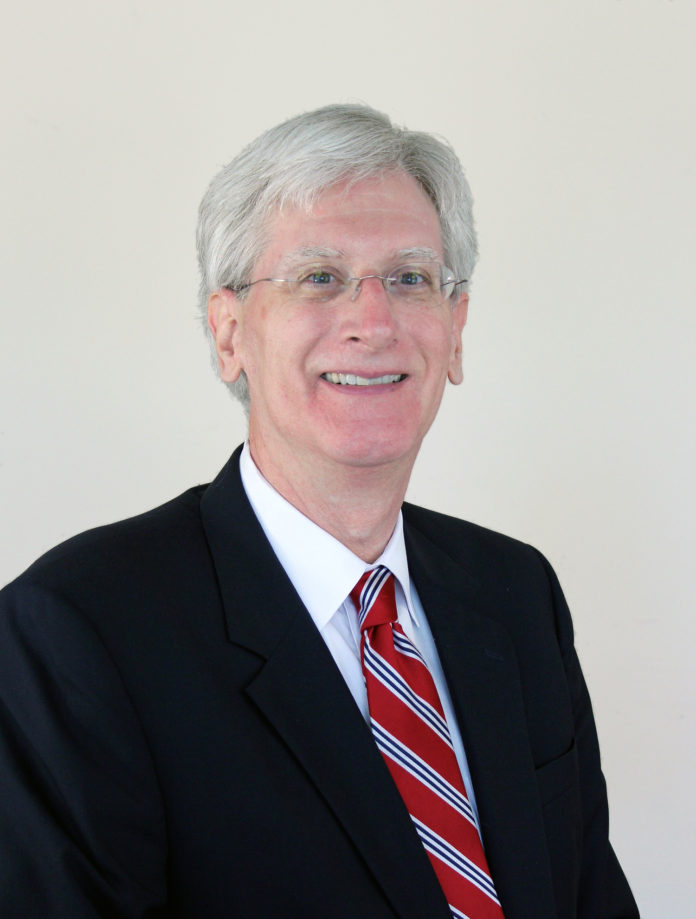
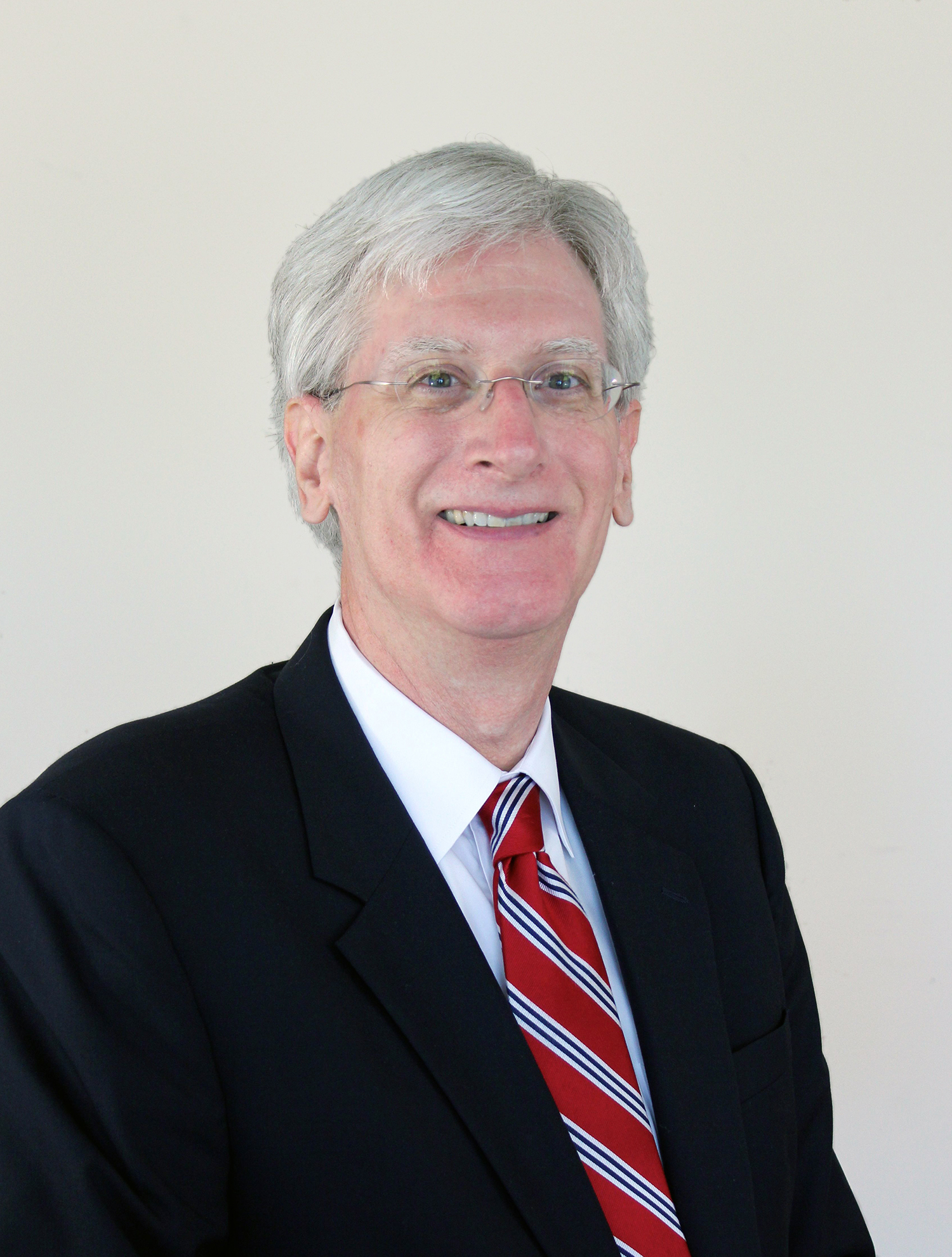

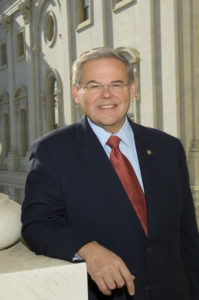
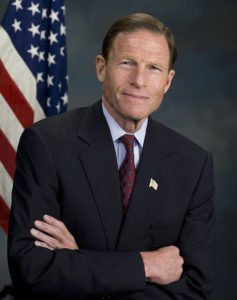

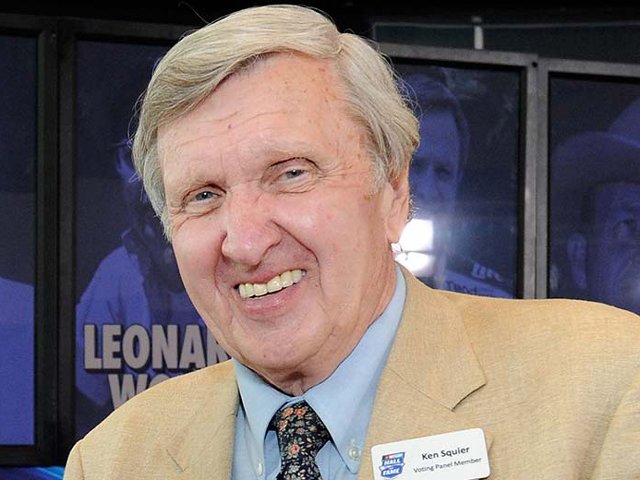
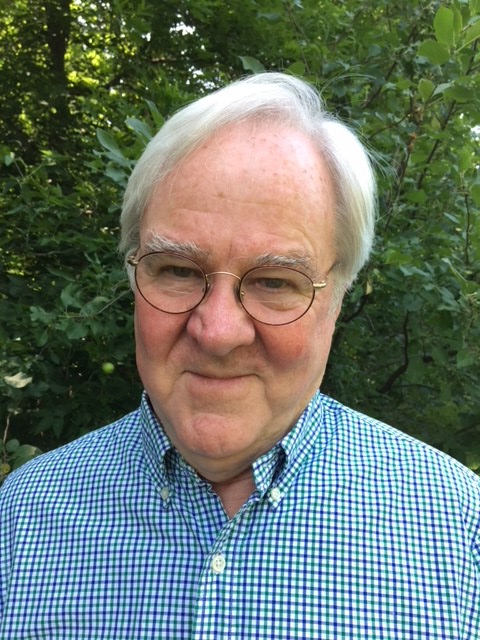
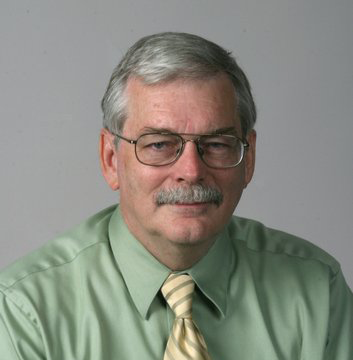
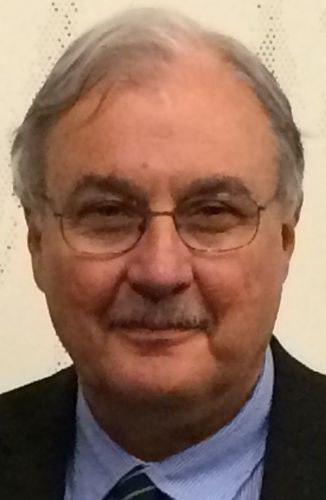
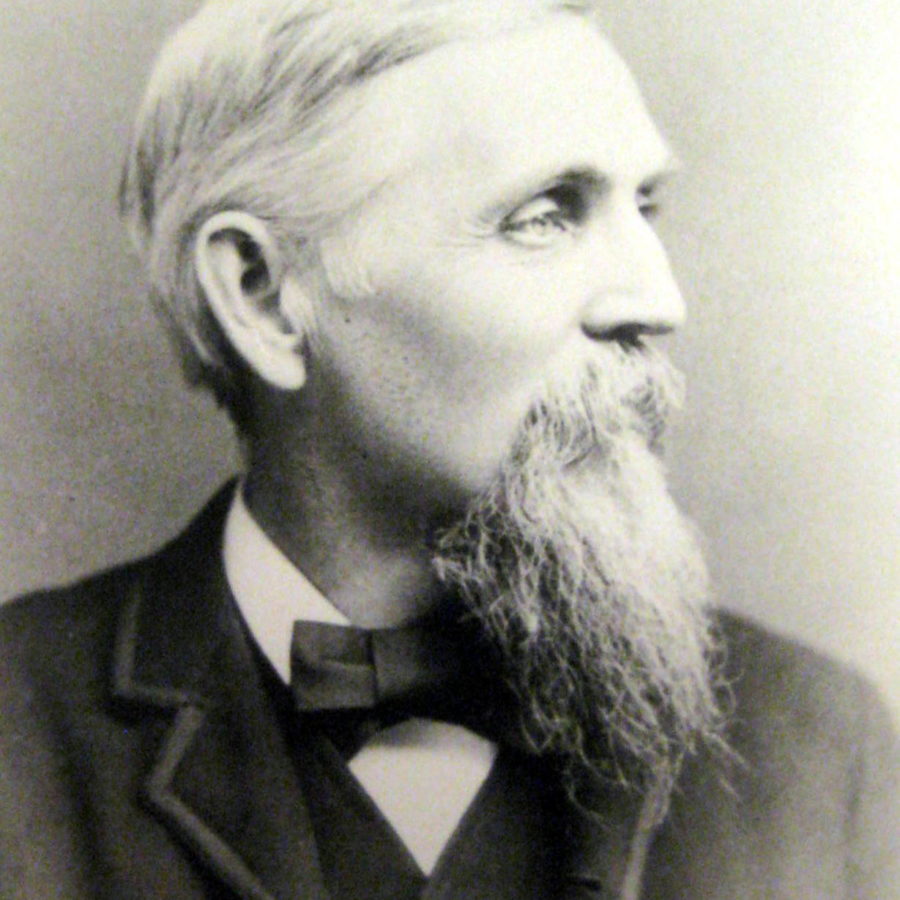
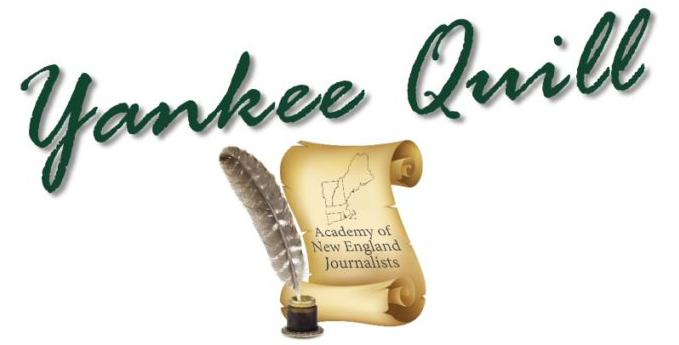 The Academy of New England Journalists, founded by Sigma Delta Chi in 1960, honors
The Academy of New England Journalists, founded by Sigma Delta Chi in 1960, honors
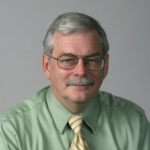
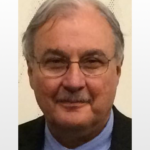

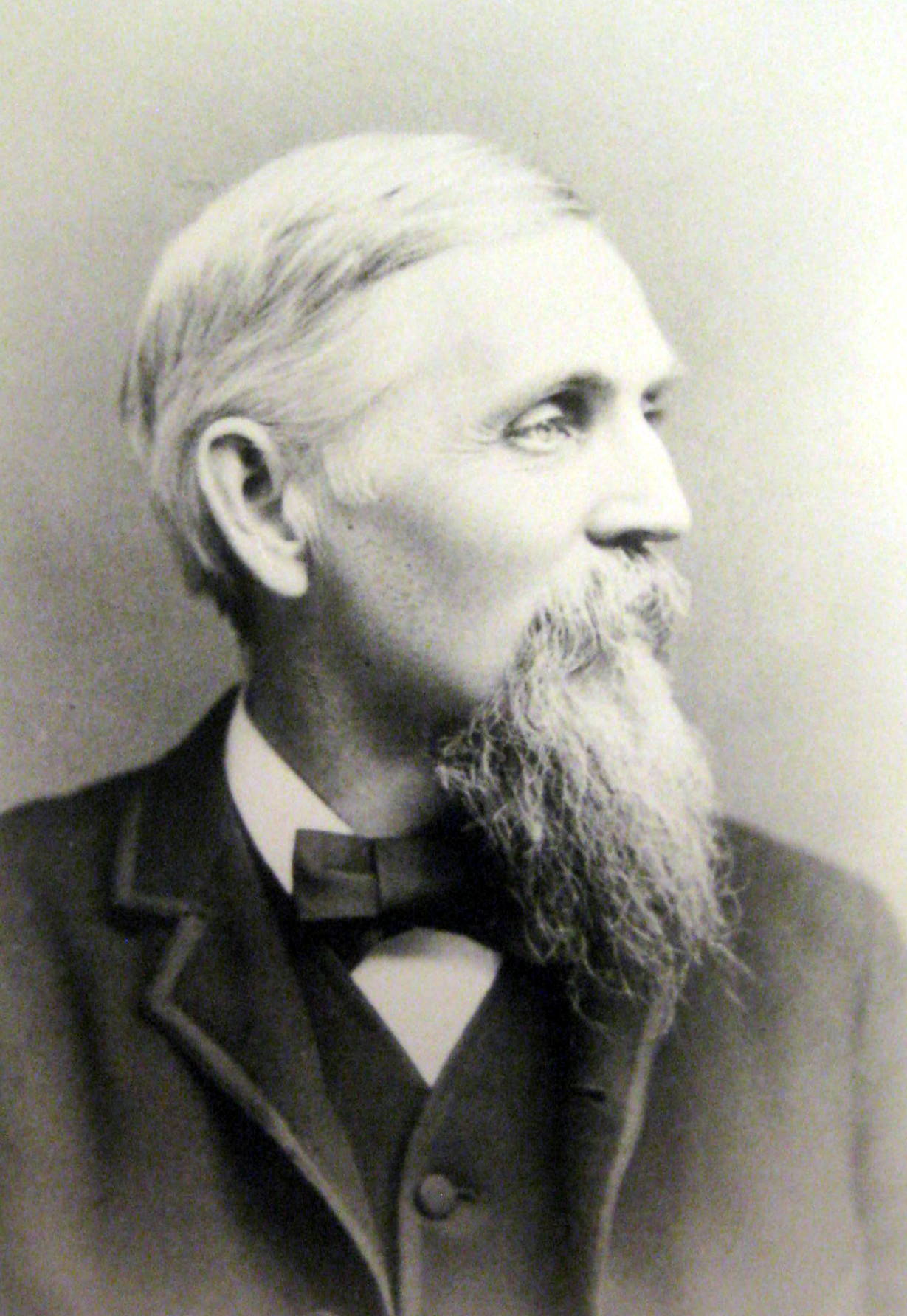 Henry Martyn Burt (posthumously) During his tenure as publisher and editor of the mountain-top newspaper Among the Clouds, Henry Martyn Burt (1831-1899) was struck by lightning, arrested and jailed for libel, developed a way to beat his competitors by “sliding” his newspaper down a mountain railroad track to readers, but most important, Henry Burt’s mission was to share his enthusiasm of, and draw people to, the White Mountains of New Hampshire.
Henry Martyn Burt (posthumously) During his tenure as publisher and editor of the mountain-top newspaper Among the Clouds, Henry Martyn Burt (1831-1899) was struck by lightning, arrested and jailed for libel, developed a way to beat his competitors by “sliding” his newspaper down a mountain railroad track to readers, but most important, Henry Burt’s mission was to share his enthusiasm of, and draw people to, the White Mountains of New Hampshire.

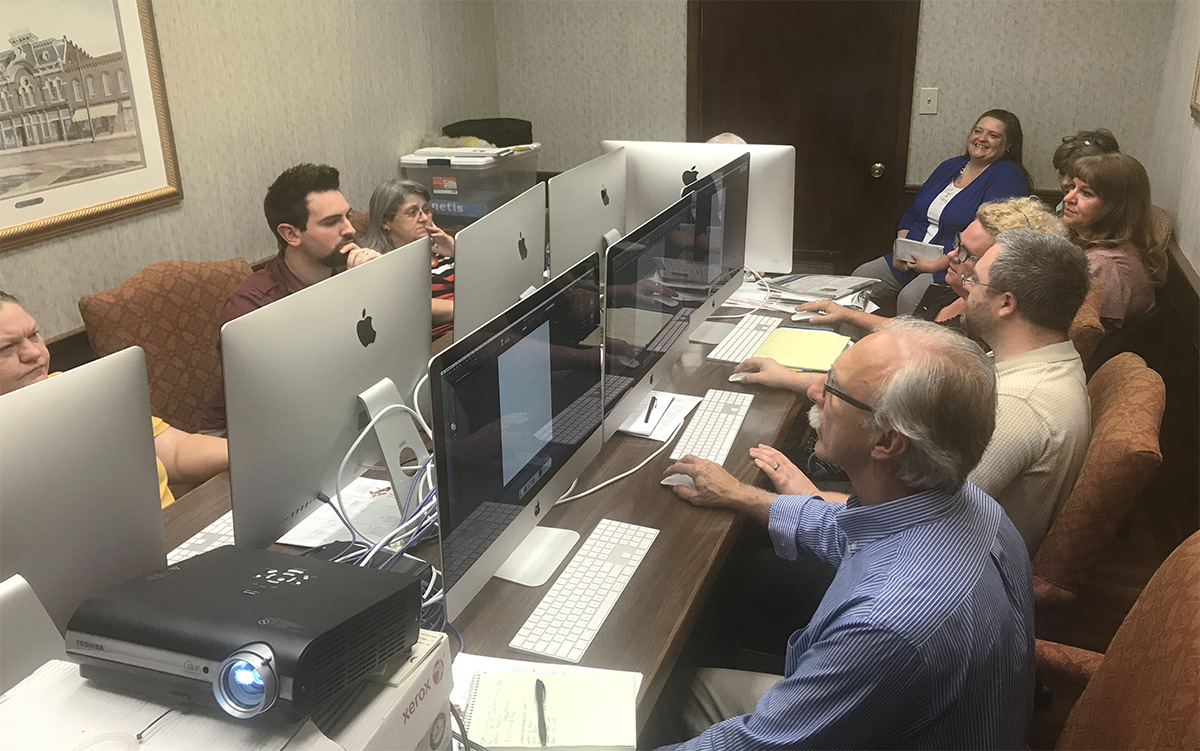
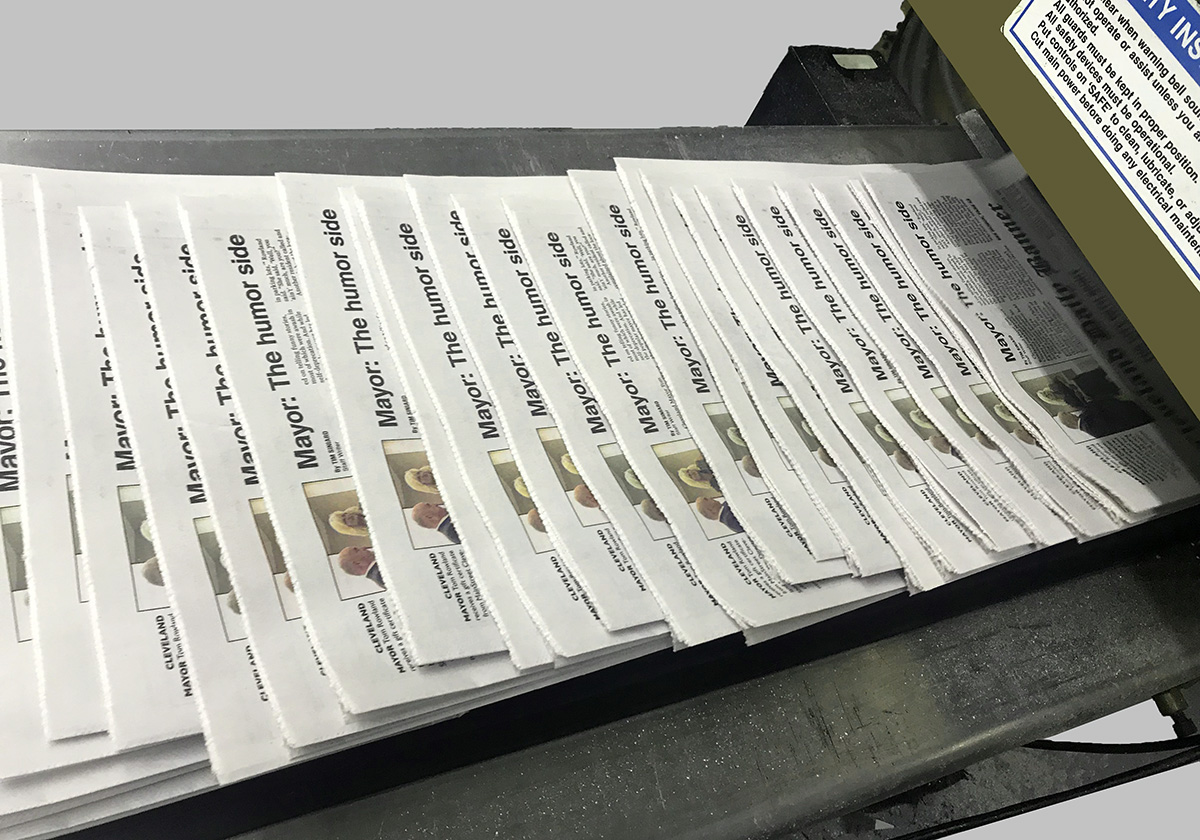
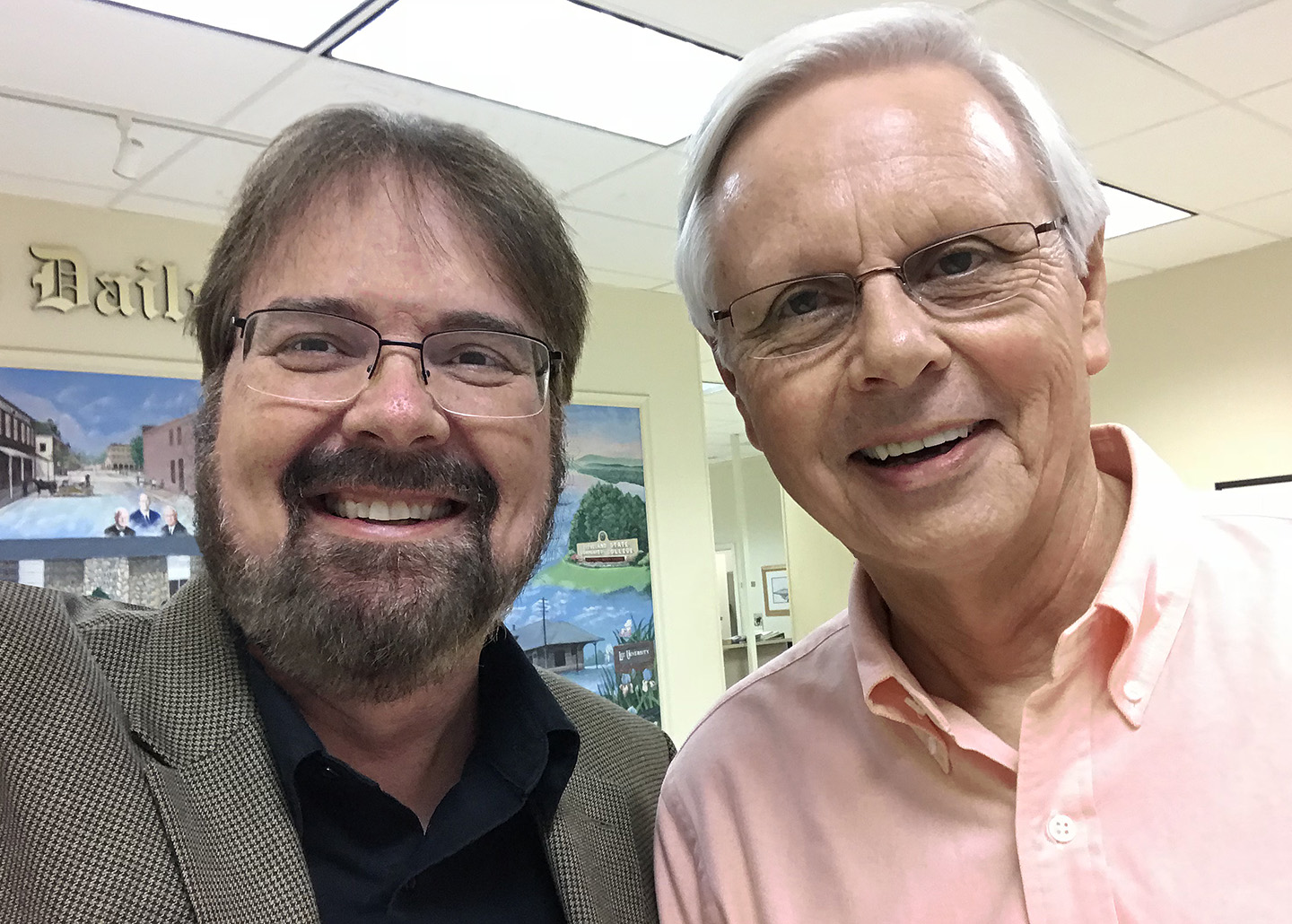

What’s the ‘true threat’ to American journalism and democracy?
Threats to the survival of a free press seem much in the air these days, from the near daily online insults hurled from the White House podium to the lunatic who opened fire on an innocent group of news people in Annapolis, Md., on June 28.
But the greatest danger facing our shared freedom of the press and to journalists’ role in our democracy is not so much either of those factors, as important and tragic as both are.
Perhaps the greatest — and just as immediate — threat is the ongoing decline in the sheer numbers of those involved in the operating and staffing of newsrooms, for now felt most strongly in the “print” sector.
Here’s the most recent example: The owner of The New York Daily News — for decades the blue collar, saucy and salty tabloid voice of one of the planet’s largest cities — just days ago cut already weakened newsroom numbers from less than 100 to a reported 45 or so.
The paper’s Editor Jim Rich, and Managing Editor Kristen Lee, were bounced as part the mass layoff by an out of town entity that now owns the paper, Tronc — responsible for similarly slashing staffs in other newsrooms it controls, from Chicago to Los Angeles.
No doubt the those who bark “fake news” on command will clap their hands over the news. But as Rich so eloquently wrote hours before the Tronc travesty: “If you hate democracy and think local government should operate in the dark, then today is a good day for you.”
Recently, writer Ross Barkam of The Guardian noted that the U.S. Labor Department reports that since 2001, more than one half of all jobs in the news industry have disappeared, a decline from 411,800 to 173,709.
For newspapers in particular the situation is even more grim: a 2018 industry survey showed news department staffing nationwide is about 25,000 — for the first time less than the 27,000 employed in perennially understaffed local TV news operations. In the 1990s, surveys put those newsroom numbers at around 65,000.
Yes there is hope that online news operations will outgrow in size, scope, numbers, and the trivial fascinations that grab eyeballs if not intellects. But how long will that take? Will it ever happen?
It’s difficult to sustain a nation’s commitment to a “free press” if there’s little-to-no press around to operate freely and demonstrate its worth to an ever-skeptical public.
Do not fool yourself that our freedom of the press — and other freedoms of the First Amendment — are invulnerable. A tumble in the once virtually guaranteed revenue and the web disruption of previously limited access to news trashed in little more than a decade the economic model and news consumption habits of a century and more.
Combine a court decision (perhaps in the area of public figures and libel) with the White House’s moves on trade (raising the cost of newsprint) and mega media mergers approved by the government and “poof” — the vibrant, multifaceted news media envisioned by the nation’s founders as a “watchdog” on government turns into a lapdog with neither bark nor bite.
Yes, The New York Daily News newsroom cuts do not automatically mean it cannot replicate a 2017 Pulitzer Prize winning investigation — with nonprofit partner ProPublica — of wrongs in the city’s eviction laws. But effectively tracking down evildoers and keeping a watchful eye in a city of 8.5 million with a staff of about 40 will be nearly impossible, even with the help of Superman — and yes, the Daily News was the model for the comic book’s “Daily Planet” where alter-ego, mild-mannered reporter Clark Kent found a home.
We need not be mild-mannered or helpless in the face of the all too real challenges facing our watchdogs. But we do have to join in the fight to sustain a strong and free press — which, to acknowledge the factual critics of the press we have now, does not mean accepting shallow or inaccurate reporting, or opinionated talk as a substitute for journalism that matters.
In fact, there’s plenty of the latter around, but it gets caught up in the bluster and brimstone of those who see political benefit in the now meaningless blurts about “fake news” and such.
Focus on finding and supporting good journalism — which no doubt will at times tell you things you don’t want to hear, regardless of your political views — and ignore the rest.
If enough of us do that, we too “can save the day” for a free press — and help preserve democracy as well.